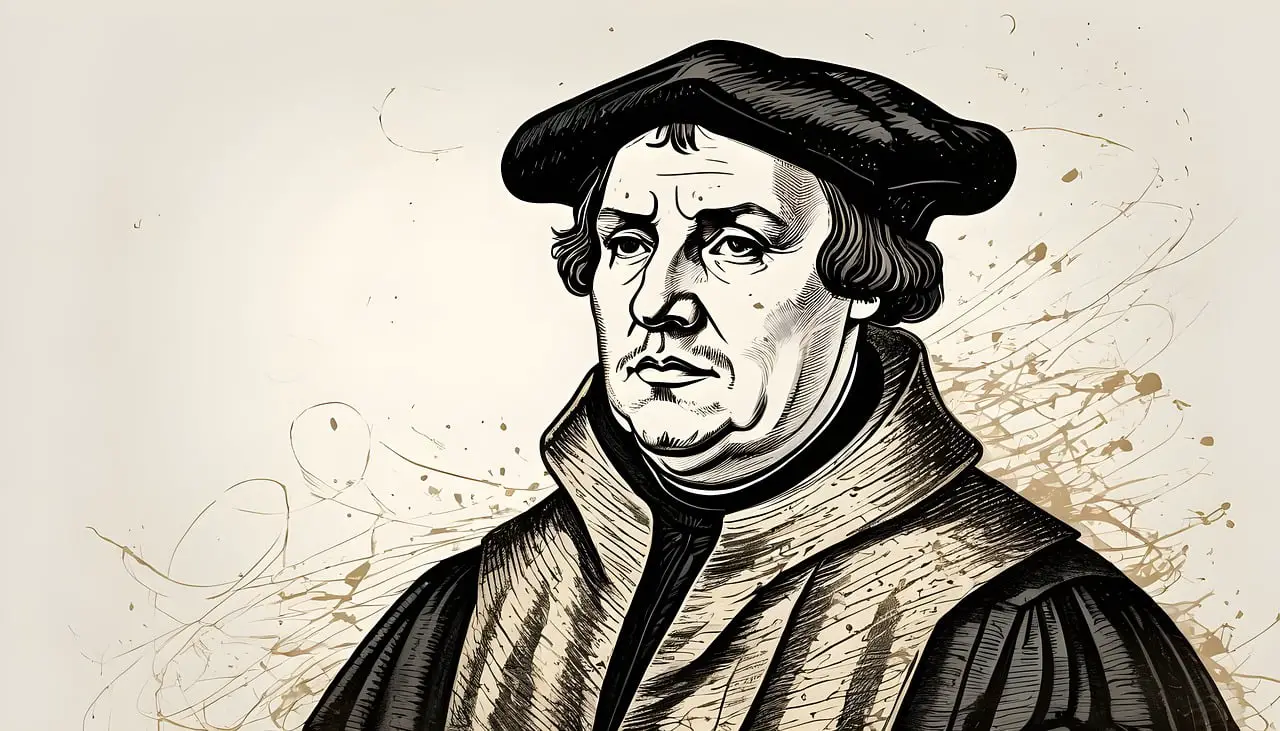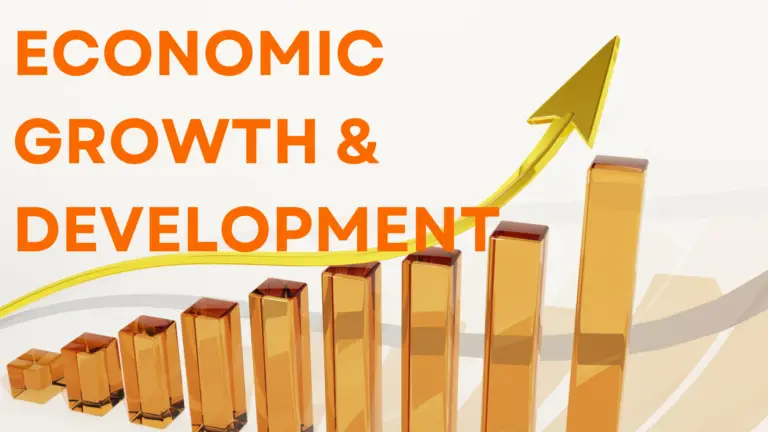Exploring the history and impact of Reformation Day
Table of Content
1. Introduction to Reformation Day
2. Origin and History of Reformation Day
3. Martin Luther and the Protestant Reformation
4. Re Day Celebrations and Traditions
5. Impact and Significance of Reformation Day
6. Conclusion
7. FAQ
Introduction to Reformation Day
Protestants mark Reformation Day every 31st of October and is indeed an important event for Christians. It celebrates the protestant reformation a significant change that was led by Martin Luther in the 16th century. This article looks at the importance of Reformation Day arguing that while there are few places today where Reformation Day is a public holiday the event remains important to millions all over the world.
For more articles check Newsworldportal
Origin and History of Reformation Day
Reformation Day dates back to October 31, 1517, when Martin Luther, a German monk, theologian and a professor hammered his ninety-five theses on the door of All Saints’ Church in Wittenberg Germany. Luther’s theses focused on sea some practices in the Catholic Church especially the selling of indulgences. This event was the starting point of the Protestant Reformation, an attempt to reform or protest against some of the teaching and supremacy of the Roman Catholic Church.
Martin Luther and the Protestant Reformation
The Protestant Reformation was the movement in which Martin Luther stood in the middle. His stand in fighting all odds to bring change in the Catholic Church was a beacon of hope to aspiring reformists around the country. The works of Luther are his theological books through which he wrote and was published, and thus disseminated his ideas: one of them is the translation of the Bible in the German language. The Protestant Reformation later on culminated in the formation of different Protestant Christians Church and other break from the Catholic Church.
Reformation Day Celebrations and Traditions
This is true because Reformation Day is commemorated in many ways in shoppers across the world. Lutheran and many protestant churches often organize reformation Sundays to highlight on key reform movement message which include on faith alone and Scripture alone. Certain societies conduct parade, music and speaking events in order to celebrate the achievements of the Reformation. In addition, it is natural to sit together with family and friends and recall historical significance of this change-making movement.
Impact and Significance of Reformation Day
The effects of the Reformation are not limited by religion only. It encouraged the growth of liberties of the person; it defied the campaign of the Church for authoritative control; it promoted several reforms in the Society and culture. The Reformation put a lot of value into education for the people, and so schools and universities proliferated. It also helped the growth of science and knowledge, introduced the concept of democracy and sowed the initial seeds of religious tolerance between different believes.
Conclusion
To millions of Protestants all over the globe, Reformation Day is a historic as well as cultural event. Because it stands for the event initiated by Martin Luther and the Protestant Reformation. This day does not only define the future of Christianity but also created change in different areas of the society and contributing to present successive debate on faith, freedom, and belief.
FAQ
1. What is Reformation Day?
Reformation Day commemorates the Protestant Reformation initiated by Martin Luther on October 31, 1517.
2. Why is Reformation Day celebrated?
It is celebrated to remember and honor the historical events that led to the establishment of various Protestant Christian denominations and influenced societal and cultural changes.
3. How is Reformation Day celebrated?
Reformation Day is celebrated through special worship services, processions, lectures, concerts, and personal reflections on the impact of the Reformation.
4. What was the impact of the Protestant Reformation?
The Protestant Reformation led to the development of individual freedoms, advancements in education and science, ideas of democracy, and religious tolerance.
5. Is Reformation Day a public holiday?
Reformation Day is a public holiday in some countries, particularly among Protestant-majority nations, but not globally.






